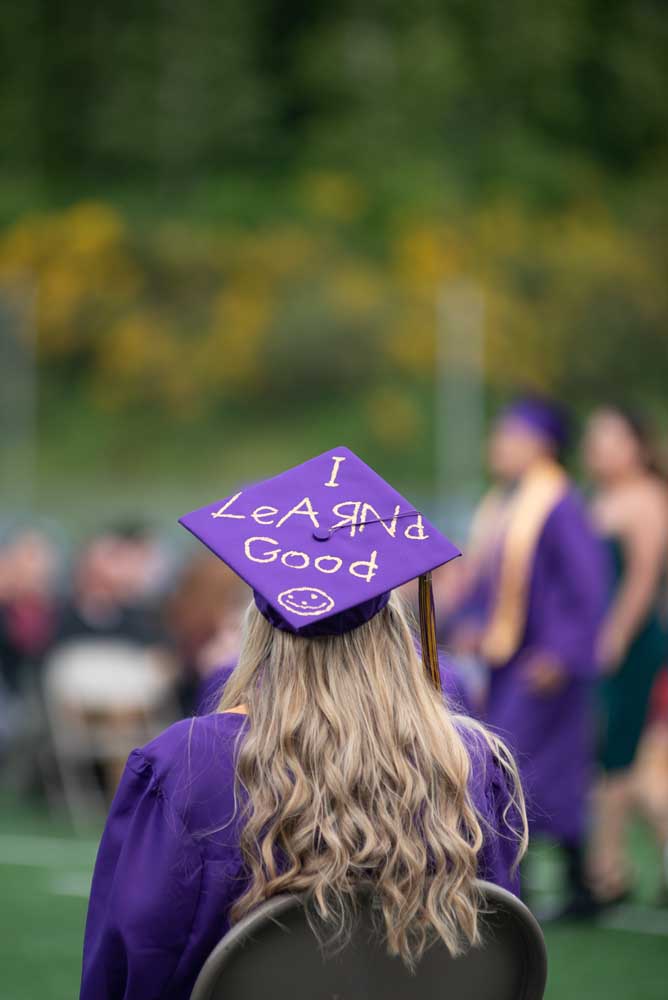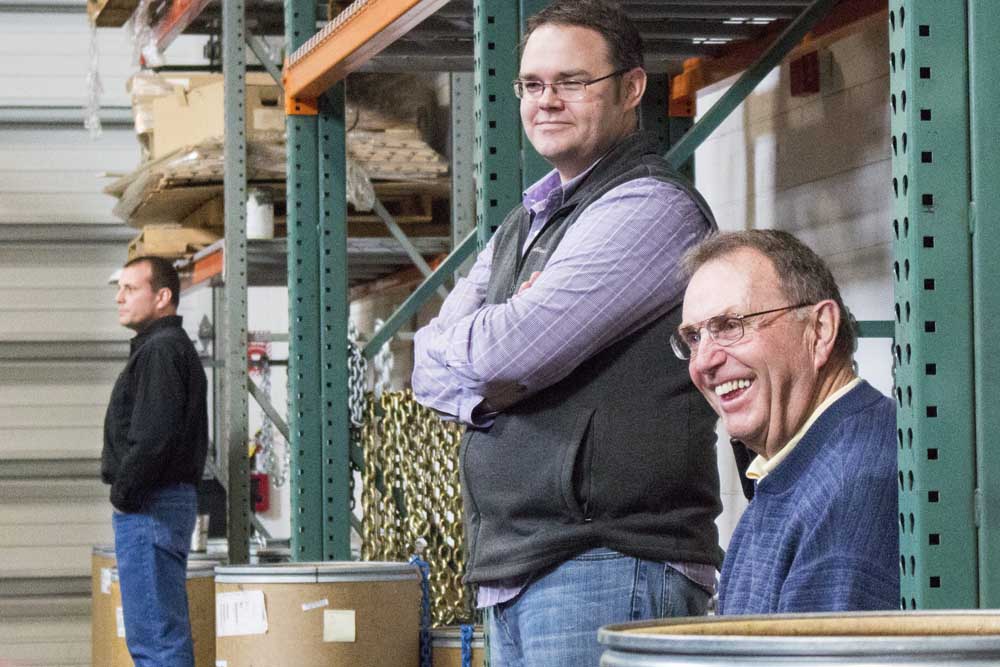Schools turn to social-emotional learning
Published 9:45 am Monday, October 18, 2021

- Schools hope social-emotional learning will help improve graduation rates.
As schools try to recover from the fallout of the coronavirus pandemic, the Astoria School District is turning to a different approach — social-emotional learning.
Trending
The process, as described by Astoria’s new social-emotional learning coach Jenni Newton, is “the learning that happens in addition to the content of the classroom.”
Superintendent Craig Hoppes said that after a tumultuous year and a half for students, the school district had to reevaluate.
“We needed to think a little differently,” he said. “We’re concerned about kids’ academics, but we’re also concerned about supporting them in other ways so they can access their academics.”
Trending
Hoppes expects the addition of social-emotional learning to have positive impacts on teachers, as well.
The Oregon Department of Education recently released data showing that 57% of ninth grade students during the last school year were on track to graduate, which was significantly lower than previous years for Astoria.
Along with adding several counselors, the school district turned to Newton, who taught at Astoria High School for over two decades.
Newton gave a presentation to the school board last week with a breakdown of the three-year implementation plan.
“The pandemic is really good at showing … where the little scratches were, but now they’re big scratches,” said Newton, who recently got her doctorate in transformative studies. “We’re noticing things like anxiety. We’re noticing things like communication. We’re noticing that we want to be able to give students the ability to make decisions and move forward in their lives with some agency in that. These kinds of changes are under the umbrella of SEL.”
The five pieces of social-emotional learning, according to Newton, are self-awareness, self-management, social awareness, relationship skills and responsible decision-making.
“All of the things that have been complicated in the last two years are usually linked to either social awareness or relationships or good decision-making,” she said. “And all of that we’ve seen in the last 20 months. We aren’t as good at it as a whole as we thought …”
Social-emotional learning is not replacing core academic subjects, Newton said, but is rather a mindset that seeks to engage students with material while meeting their social and emotional needs.
Newton plans to host a number of workshops for students and staff, including sessions on mindfulness, community building, equity and belonging.
Warrenton has also started to implement social-emotional learning into schools.
“It was needed coming into COVID. It’s all the more clear that it’s needed now,” Superintendent Tom Rogozinski said.
Among other things, Rogozinski said, they will attempt to approach discipline with getting students the proper care and support.
The Knappa School District brought in a therapist to help students manage stress.
As for how they will measure results in Astoria, Newton referenced evidence from the Collaborative for Academic, Social, and Emotional Learning showing that social-emotional learning improves several standards over time, including attendance, graduation, grade-point average and reading and math scores.
“Our ultimate goal is to get kids to graduate, and we’re hoping that this will help them meet the needs of themselves emotionally, so school will be a lot easier for them,” Hoppes said.









